Find Help
More Items From Ergsy search
-
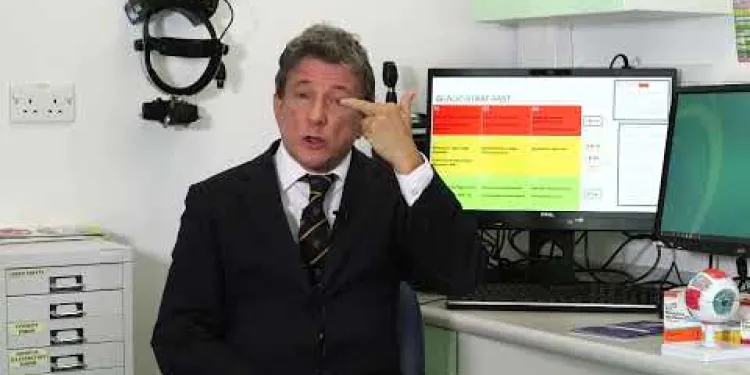
Glaucoma: symptoms in glaucoma
Relevance: 100%
-
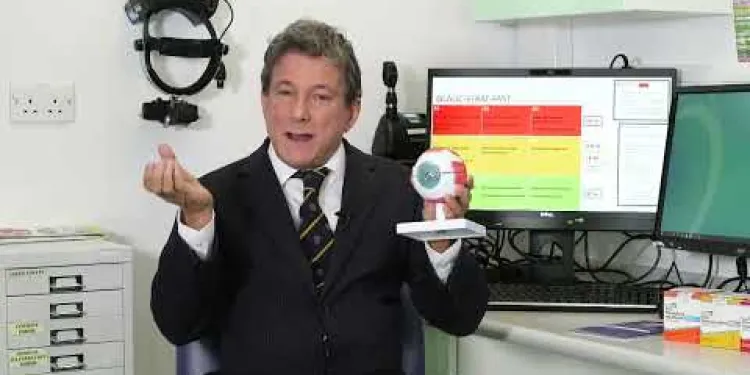
Glaucoma: what is glaucoma?
Relevance: 100%
-

What is the difference between hypotony and glaucoma?
Relevance: 80%
-
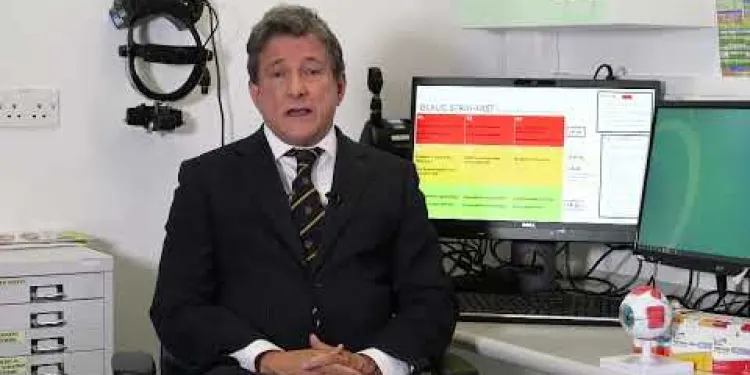
Glaucoma: how does it affect my ability to drive?
Relevance: 76%
-
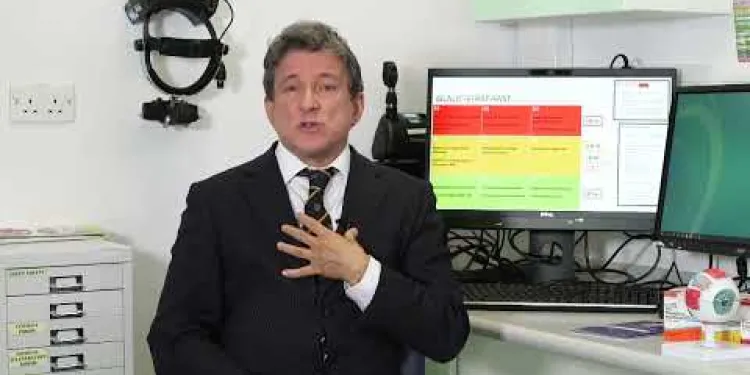
Glaucoma: general side effects of eye drops
Relevance: 75%
-
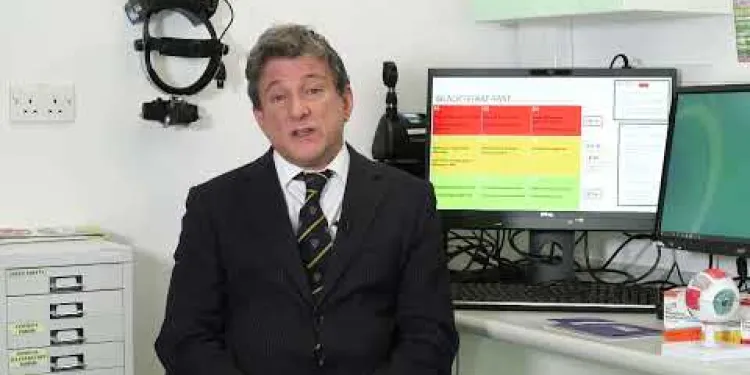
Glaucoma: how often should i take my eye drops?
Relevance: 73%
-
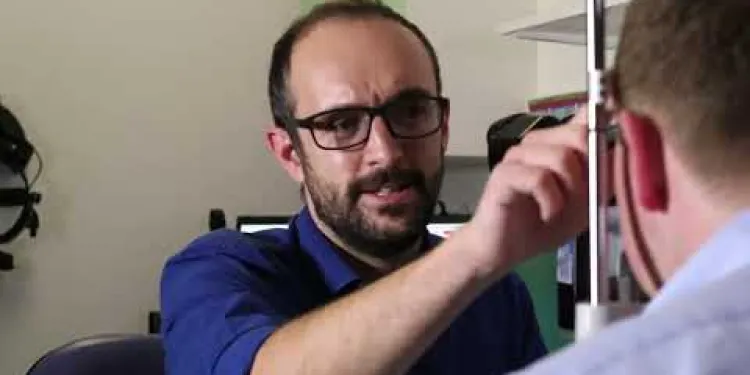
Glaucoma: about the Ophthalmology Team at University Hospitals Birmingham NHS Foundation Trust
Relevance: 70%
-
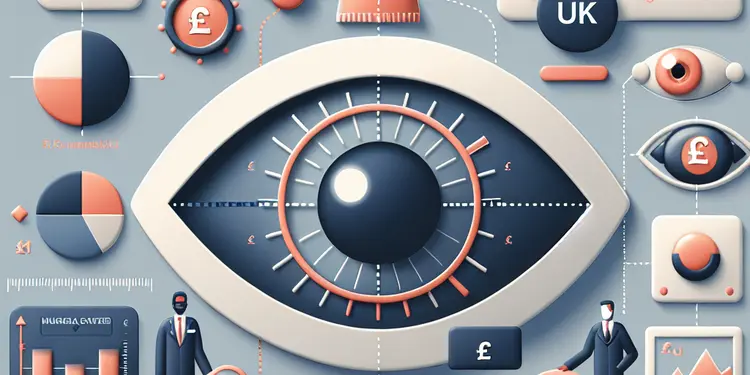
What is the normal range of intraocular pressure?
Relevance: 33%
-
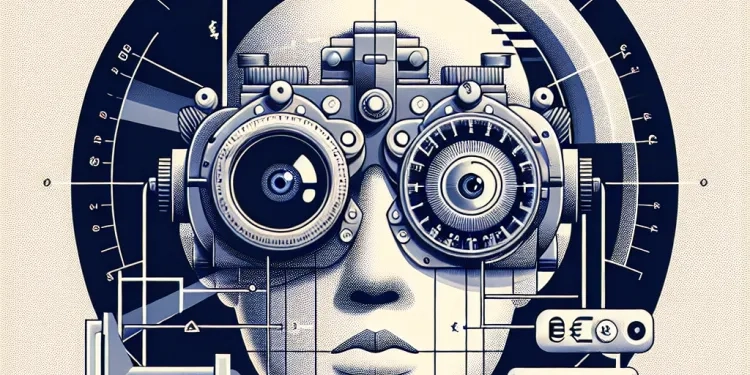
Are there any self-tests for eye pressure?
Relevance: 32%
-
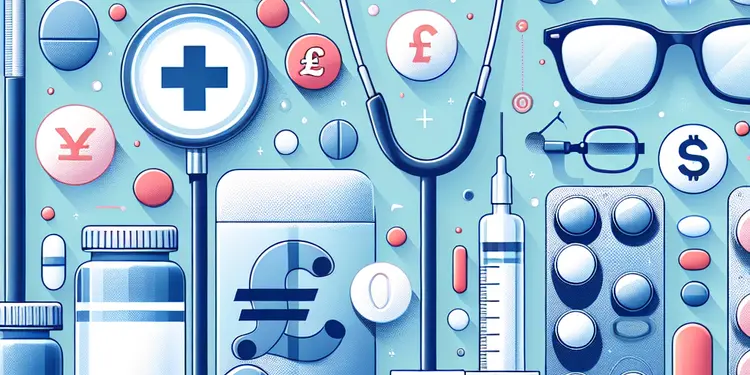
Do certain medications contribute to hypotony?
Relevance: 30%
-

Are there any risk factors for developing hypotony?
Relevance: 30%
-
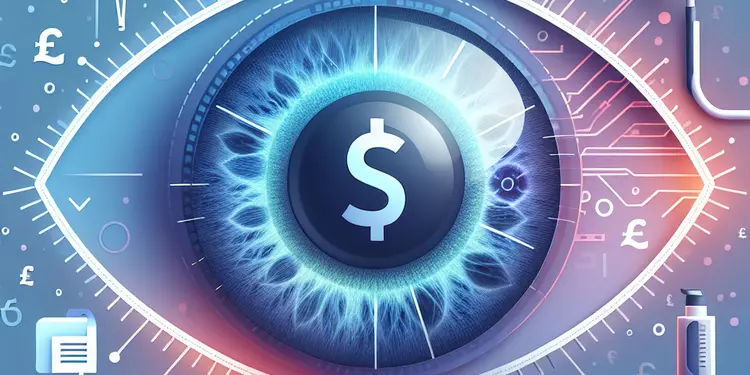
What is hypotony in the eye?
Relevance: 29%
-
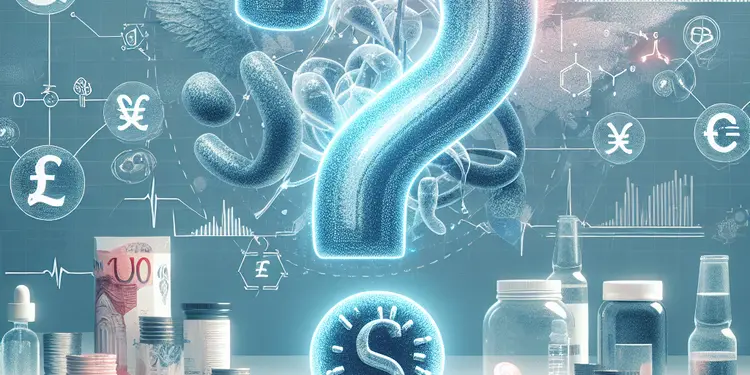
How common is hypotony?
Relevance: 29%
-

Can hypotony affect vision?
Relevance: 28%
-

In what ways can vision impairments impact driving for those over 70?
Relevance: 26%
-

What causes hypotony?
Relevance: 25%
-

Can hypotony occur in both eyes?
Relevance: 25%
-
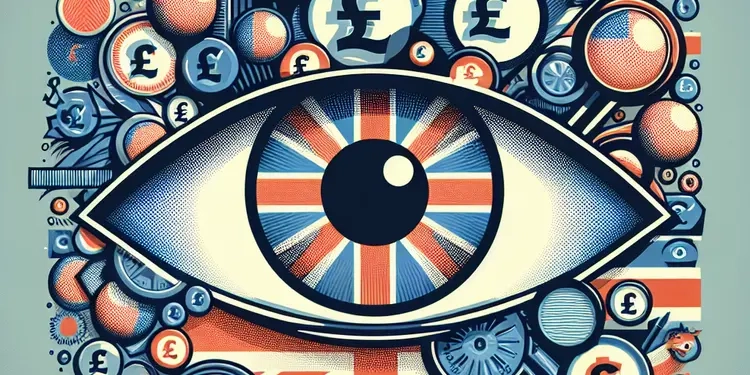
What is the eye condition hypotony?
Relevance: 24%
-
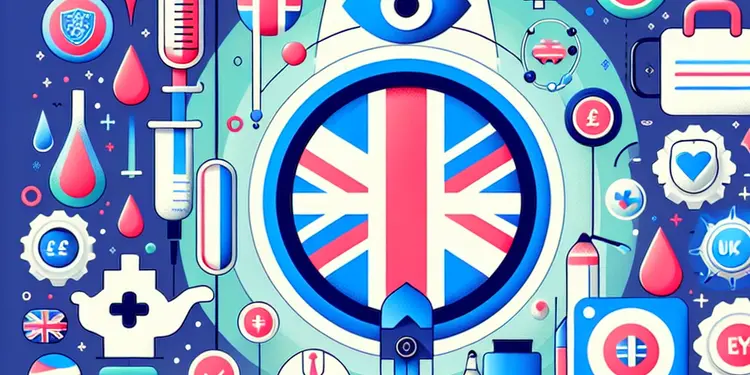
Can hypotony be prevented?
Relevance: 24%
-
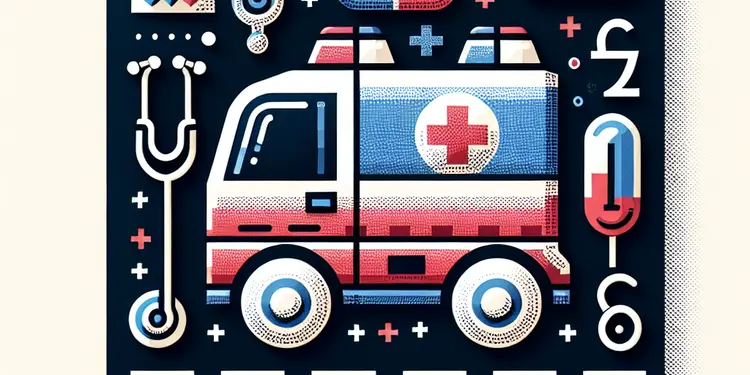
Is hypotony a medical emergency?
Relevance: 21%
-

Can self-testing detect all eye conditions?
Relevance: 18%
-

Can hypotony resolve on its own?
Relevance: 18%
-
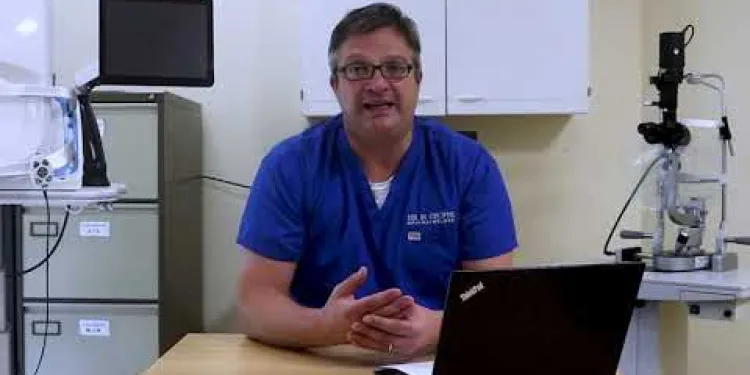
Charles Bonnet Syndrome
Relevance: 16%
-
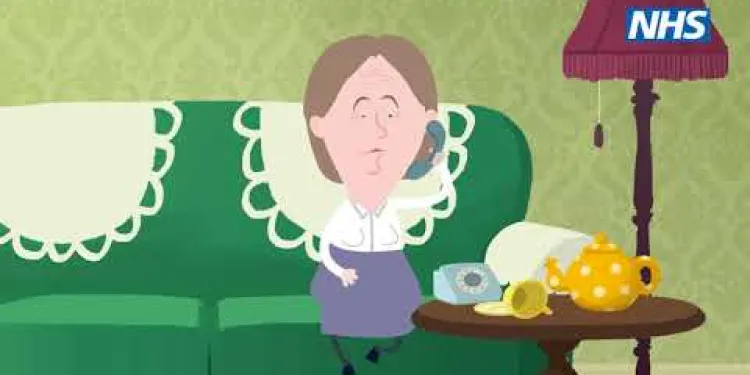
West Midlands LEHN Animated Video on Eye Health
Relevance: 16%
-
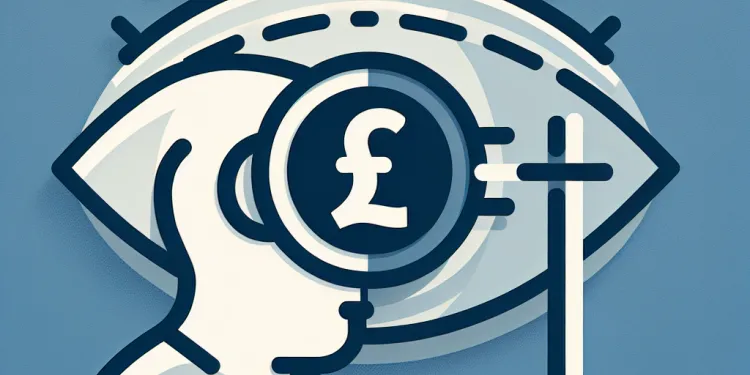
How does self testing for eye patients work?
Relevance: 16%
-
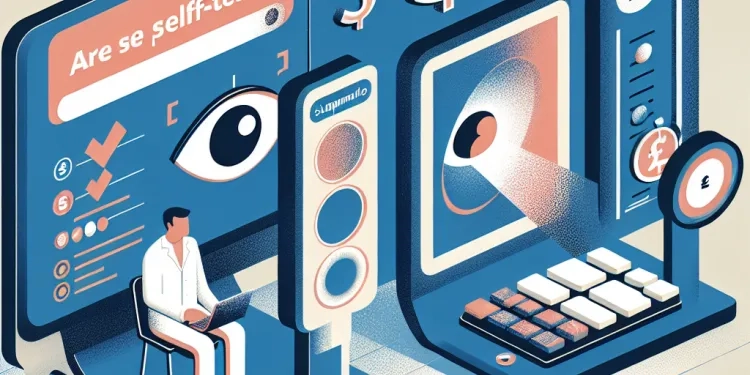
Are self-tests a substitute for professional eye exams?
Relevance: 15%
-

What complications can arise from untreated hypotony?
Relevance: 13%
-

What types of self-tests are available for eye patients?
Relevance: 11%
-
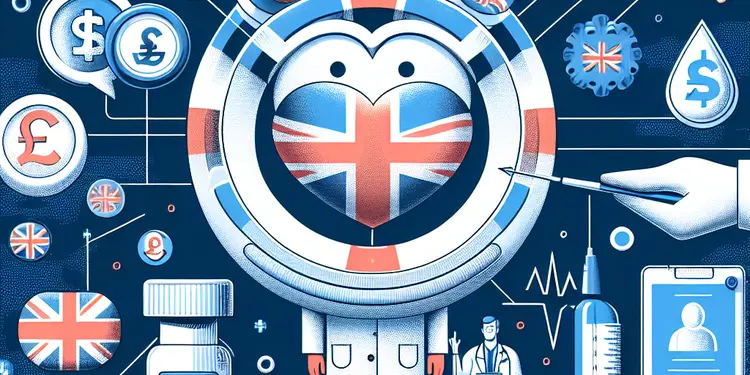
What treatments are available for hypotony?
Relevance: 11%
-

What is self-testing for eye patients?
Relevance: 11%
-

What are the uses of cannabis extract?
Relevance: 11%
-

Where can I find reliable self-testing tools for my eyes?
Relevance: 10%
-

Do I need any special equipment for eye self-testing?
Relevance: 10%
-
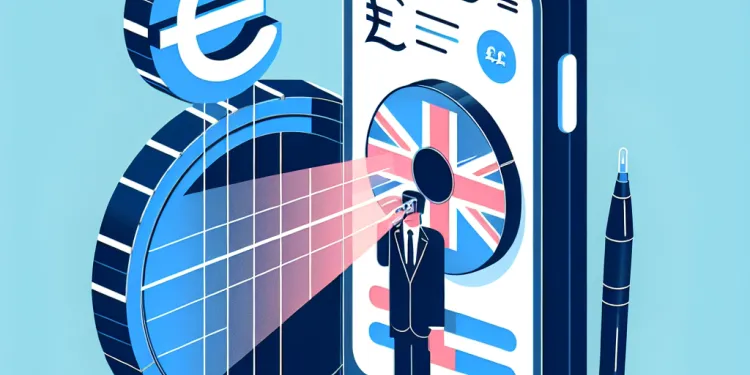
Can I use a smartphone for self-testing my eyes?
Relevance: 10%
-

What are the limitations of self-testing for eyes?
Relevance: 10%
-
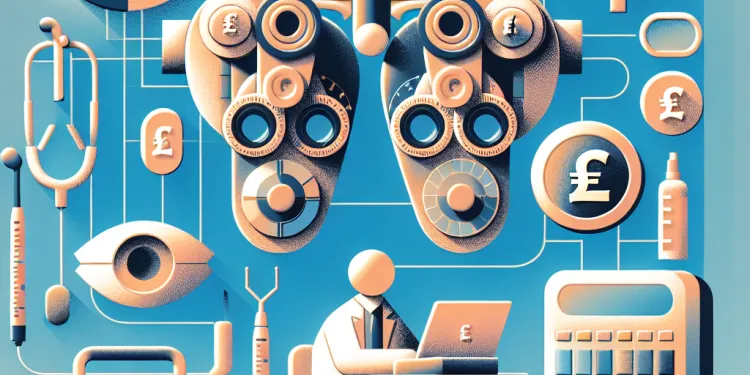
Should I share the results of my self-tests with my eye doctor?
Relevance: 10%
-

What is congenital rubella syndrome?
Relevance: 10%
-
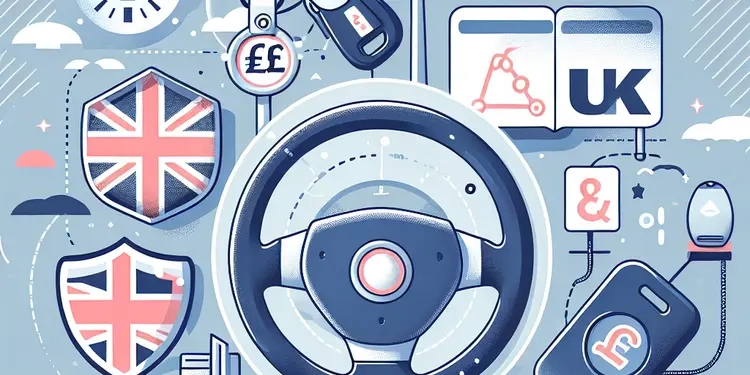
What are the risks of driving after 70?
Relevance: 10%
-

What are the warning signs that an elderly person should stop driving?
Relevance: 10%
-

Can wearing contact lenses affect hypotony?
Relevance: 10%
What is Glaucoma?
Introduction to Glaucoma
Glaucoma is a term that encompasses a group of eye conditions leading to damage of the optic nerve, which is critical for vision. This damage is often due to abnormally high pressure inside the eye. If left untreated, glaucoma can lead to permanent vision loss. In the United Kingdom, glaucoma is a significant cause of irreversible blindness, making awareness and early detection essential.
Types of Glaucoma
There are several types of glaucoma, but the two most common are:
- Primary Open-Angle Glaucoma (POAG): This is the most common form. It occurs when the eye's drainage canals become clogged over time, leading to increased intraocular pressure (IOP). This type of glaucoma develops slowly and is often asymptomatic, hence referred to as the "silent thief of sight."
- Angle-Closure Glaucoma: This is less common but more acute. It occurs when the drainage angle formed by the cornea and iris closes suddenly. This type of glaucoma can cause a rapid increase in eye pressure and can present with symptoms such as severe eye pain, nausea, and blurred vision. Immediate medical attention is required to prevent permanent damage.
Symptoms of Glaucoma
In its early stages, glaucoma often presents no symptoms. However, as the condition progresses, individuals may notice:
- Gradual loss of peripheral vision, usually in both eyes
- Tunnel vision in advanced stages
- Severe headaches (in acute forms)
- Eye pain and redness
Diagnosis and Treatment
Regular eye exams are crucial for early detection. Your optician will use a variety of tests to diagnose glaucoma, including measuring intraocular pressure, inspecting the drainage angle, and evaluating the optic nerve. In the UK, the NHS provides routine eye tests, which are free for those who qualify, such as individuals over 60 years old.
Treatment options include medications (usually eye drops), laser treatment, and surgery to lower intraocular pressure. Early intervention can prevent further vision loss, but any damage already done is irreversible.
Conclusion
Awareness and regular eye examinations are key to managing glaucoma. If you are at higher risk—such as being over 40, having a family history of glaucoma, or having other medical conditions like diabetes—discuss with your optician how frequently you should be screened. Early detection and treatment can help preserve your vision and maintain your quality of life.
What is Glaucoma?
Introduction to Glaucoma
Glaucoma is a problem with the eyes. It happens when the nerve at the back of the eye, called the optic nerve, gets hurt. This nerve is very important for seeing. Glaucoma is often caused by too much pressure inside the eye. If it is not taken care of, it can make you lose your sight forever. In the UK, glaucoma is a big reason why some people go blind, so it is important to know about it and find it early.
Types of Glaucoma
There are different kinds of glaucoma. The two most common ones are:
- Primary Open-Angle Glaucoma (POAG): This type happens a lot. It happens when the part of the eye that drains fluid gets blocked slowly. This makes pressure in the eye go up. It does not usually show symptoms at first, so it is called the "silent thief of sight."
- Angle-Closure Glaucoma: This type is not as common, but it is more sudden. It happens when the part of the eye that drains fluid closes quickly. This makes pressure in the eye go up very fast. It can cause strong eye pain, feeling sick, and blurry vision. You need to see a doctor right away to stop damage.
Symptoms of Glaucoma
In the beginning, glaucoma may not show any signs. But as it gets worse, a person might notice:
- Slow loss of side vision, often in both eyes
- Feeling like you are looking through a tunnel in later stages
- Bad headaches (in serious types)
- Eye pain and redness
Diagnosis and Treatment
Getting your eyes checked regularly is important to find glaucoma early. An eye doctor will do different tests to find out if you have glaucoma. They will check the pressure inside your eyes, look at the part that drains fluid, and check the optic nerve. In the UK, some people can get free eye tests from the NHS, like those over 60 years old.
Treatment for glaucoma includes medicine (usually eye drops), laser treatment, and surgery to make the pressure in the eye lower. Finding glaucoma early can stop you from losing more sight, but it cannot bring back sight that is already gone.
Conclusion
Knowing about glaucoma and getting your eyes checked regularly are important to take care of this condition. If you have a higher chance of getting glaucoma—like being over 40, having family members with glaucoma, or other health issues like diabetes—talk to your eye doctor about how often you should get checked. Finding glaucoma early and getting treatment can help keep your sight and your quality of life good.
Frequently Asked Questions
What is glaucoma?
Glaucoma is a group of eye conditions that damage the optic nerve, often caused by abnormally high pressure in the eye. It can lead to vision loss if not treated.
What are the symptoms of glaucoma?
Glaucoma often has no symptoms in its early stages. As it progresses, you might notice patchy blind spots in your peripheral or central vision and tunnel vision in the advanced stages.
Who is at risk of developing glaucoma?
Risk factors include age (over 60), family history of glaucoma, medical conditions like diabetes, high blood pressure, or heart disease, and prolonged corticosteroid use.
How is glaucoma diagnosed?
Glaucoma is diagnosed through a comprehensive eye exam that may include measuring intraocular pressure, inspecting the drainage angle, examining the optic nerve, and testing for vision loss.
Can glaucoma be cured?
There is no cure for glaucoma, but treatment can help manage the condition and prevent further vision loss. Treatment options include medications, laser treatment, and surgery.
What are the treatment options for glaucoma?
Treatment options include eye drops to lower intraocular pressure, laser therapy, and surgical procedures to improve eye fluid drainage.
Is glaucoma hereditary?
Glaucoma can run in families. If you have a family history of glaucoma, you may be at higher risk and should have regular eye exams.
How often should I get tested for glaucoma?
It is recommended that adults have a comprehensive eye exam every 1 to 2 years. If you are at higher risk, you may need more frequent monitoring.
What is the difference between open-angle and angle-closure glaucoma?
Open-angle glaucoma is the most common type and progresses slowly, while angle-closure glaucoma is less common and can develop rapidly, causing a sudden increase in eye pressure.
Can glaucoma cause blindness?
If left untreated, glaucoma can lead to irreversible vision loss and blindness. Early detection and treatment are crucial to preventing serious outcomes.
Are there lifestyle changes that can help manage glaucoma?
Maintaining a healthy lifestyle, such as controlling blood pressure, exercising regularly, avoiding smoking, and eating a balanced diet can support overall eye health.
Can I still drive if I have glaucoma?
Whether you can drive depends on the severity of your condition and your vision. Your optometrist will be able to provide guidance based on your specific situation.
Does glaucoma affect one or both eyes?
Glaucoma usually affects both eyes, although the condition might start in one eye before developing in the other.
What should I do if I've been diagnosed with glaucoma?
Follow your treatment plan, attend all scheduled eye exams, take prescribed medications as directed, and make necessary lifestyle adjustments to manage your condition.
Are there support resources for people with glaucoma in the UK?
Yes, there are several support organisations, such as the International Glaucoma Association (IGA) and the Royal National Institute of Blind People (RNIB), that offer information and support for those living with glaucoma.
What is glaucoma?
Glaucoma is an eye problem. It can make you see less clearly. It happens when pressure inside the eye gets too high. This can hurt the eye.
Some helpful tools:
- See an eye doctor for check-ups.
- Use eye drops if the doctor gives them to you.
- Tell someone if your eyes hurt or you can't see well.
Glaucoma is a problem with your eyes. It can hurt a part of the eye called the optic nerve. This happens when there is too much pressure inside the eye. If you don't get help for it, you could lose your sight.
What signs show you might have glaucoma?
Glaucoma is an eye problem. At first, you might not see any changes. But later, you could have trouble seeing things to the side or the center. In really bad cases, it might look like you are looking through a tunnel.
Who can get glaucoma?
Things that can make glaucoma more likely are:
- Being older than 60 years.
- Having family members with glaucoma.
- Having health problems like diabetes, high blood pressure, or heart disease.
- Using certain medicines called corticosteroids for a long time.
Tools that might help you understand better:
- Ask someone to read along with you.
- Use pictures to help explain ideas.
- Break information into smaller parts.
How do doctors find out if someone has glaucoma?
Doctors find out if you have glaucoma by doing an eye check-up. They might do these things:
- Check the pressure inside your eye
- Look at how your eye drains fluid
- Examine your optic nerve, which helps you see
- Test to see if you have lost any vision
If it's hard to understand, you can use these tips to help:
- Ask your doctor to use simple words
- Use pictures to understand better
- Ask someone to explain it to you step by step
Can glaucoma be fixed?
Glaucoma is an eye problem. It hurts your eyes. Doctors can't make it go away completely, but they can help make it better. They can stop it from getting worse.
If you have glaucoma, go to the doctor often. They will check your eyes and help you. Putting special drops in your eyes can help. These drops are from the doctor, and you should use them every day.
If you need help with reading, ask someone to read with you. You can also use audiobooks or apps that read to you. They can make learning about glaucoma easier.
There is no way to make glaucoma go away. But doctors can help stop it from getting worse. They can give you medicine, use lasers, or do surgery to help your eyes.
How can doctors help with glaucoma?
Doctors have ways to help if you have glaucoma.
- Eye Drops: Doctors might give you special drops for your eyes. These help make less fluid in your eye or help it drain better.
- Laser Treatment: A doctor might use a laser to make your eye work better. This can help the fluid drain.
- Surgery: Sometimes, doctors do an operation. This can make a new way for fluid to leave your eye.
It's important to see your eye doctor. They will tell you the best way to help your eyes.
You can help eye problems in different ways. One way is to use special eye drops that help lower the pressure inside your eye. Another way is to use a laser to help your eyes. Sometimes, doctors might do a surgery to help the fluid drain out of your eye better.
If reading is hard, you can use tools that read text out loud for you, or ask someone to help explain the text. Using pictures or diagrams can also make it easier to understand.
Is glaucoma passed down from parents?
Glaucoma can run in families. This means if your parents or grandparents had it, you might get it too. It's a good idea to have regular eye check-ups.
If reading is hard, you can try:
- Asking someone to read the questions out loud to you.
- Using audiobooks or digital readers to listen to text.
- Breaking the information into small, easy parts to understand better.
Glaucoma is a problem with your eyes that can happen in families. If someone in your family has had glaucoma, you might have a higher chance of getting it too. It is important to have your eyes checked regularly by a doctor.
How often should I have eye tests for glaucoma?
Glaucoma is an eye disease that can harm your sight.
It is important to check your eyes often.
Go to an eye doctor for a test.
Adults should have eye tests every 1 to 2 years.
If you are older or have a family history, go more often.
You can use a calendar to remember your eye test dates.
Ask someone to help you book your eye tests.
Grown-ups should have their eyes checked every 1 to 2 years. If your eyes need extra care, you might need to go more often.
What is the difference between open-angle and angle-closure glaucoma?
Glaucoma is an eye problem that can make you lose your sight. It happens because of pressure in the eye.
Open-angle glaucoma is when the eye's drainage works slowly. It builds up pressure over time. You might not notice it at first.
Angle-closure glaucoma is when the eye's drainage gets blocked suddenly. It happens fast and can be painful. You need to see a doctor quickly.
Here are some tools to help you:
- Pictures: Look at pictures to understand better.
- Ask for help: Talk to someone if it's hard to understand.
Open-angle glaucoma is a common eye problem. It gets worse slowly over time. Angle-closure glaucoma is not as common. It can develop quickly and make eye pressure rise fast.
Can glaucoma make you blind?
If you don't treat glaucoma, it can make you lose your sight and go blind. It is very important to find and treat glaucoma early to stop this from happening.
Can changing how I live help with glaucoma?
Yes! Changing some habits can help you manage glaucoma better. Here are some tips:
- Eat healthy foods like fruits and vegetables.
- Exercise regularly, like walking or swimming.
- Avoid smoking and limit alcohol.
- Take breaks if you use screens a lot.
- Always take your eye medicine from the doctor.
These changes can help keep your eyes healthy. You can also ask a friend or family member to remind you about your medicines. Always talk to your doctor for advice.
Looking after your eyes is important. Here are some ways to help:
- Keep your blood pressure healthy.
- Do exercise often.
- Don't smoke.
- Eat good food like fruits and veggies.
These things can help keep your eyes healthy.
If you need help understanding, you can use tools like:
- Text-to-speech apps to read aloud.
- Note-taking apps to remember tips.
Can I still drive if I have glaucoma?
If you have glaucoma, can you drive a car?
Glaucoma is an eye problem. It can make it hard to see. Check with your eye doctor before driving. They will help you decide if it is safe.
You can also ask for help. Family or friends can drive you. Or use buses and taxis to get around.
Tools that can help are glasses or special equipment in the car. Your doctor can tell you more about these.
If you can drive or not depends on how bad your condition is and how well you can see. Your eye doctor can tell you what to do, to help you stay safe.
Can glaucoma hurt one eye or both eyes?
Glaucoma is an eye problem. It can happen in one eye. Sometimes, it can happen in both eyes.
It is important to see a doctor. They can help you with eye tests.
Ask a friend or family member to help you understand better.
Tools like glasses or magnifiers can make reading easier.
Glaucoma is an eye problem. It often happens in both eyes. But it might start in one eye first and later go to the other eye.
What to Do If the Doctor Says You Have Glaucoma
1. Go to the Eye Doctor: See the eye doctor often to check your eyes.
2. Take Your Medicine: The doctor will give you eye drops or pills. Take them every day.
3. Tell Others: Let your family and friends know so they can help you.
4. Ask Questions: If you do not understand, ask your doctor to explain.
5. Use Tools: You can use glasses or a magnifying glass to see better.
Stick to what your doctor says. Go to all your eye check-ups. Take your medicine like the doctor tells you. Change your daily habits if you need to. This will help you take care of your eyes.
Can people with glaucoma in the UK get help?
Yes, there is help for people with glaucoma in the UK. Here are some ways to find support:
- Ask your eye doctor for advice. They can tell you about support groups or services.
- Visit websites like the Glaucoma UK website for more information.
- Join local support groups to meet other people with glaucoma.
- Get help from family, friends, or caregivers.
These tools and people can make living with glaucoma easier.
Yes, there are groups that can help you, like the International Glaucoma Association (IGA) and the Royal National Institute of Blind People (RNIB). They have information and support for people who have glaucoma.
Useful Links
This website offers general information and is not a substitute for professional advice.
Always seek guidance from qualified professionals.
If you have any medical concerns or need urgent help, contact a healthcare professional or emergency services immediately.
Some of this content was generated with AI assistance. We’ve done our best to keep it accurate, helpful, and human-friendly.
- Ergsy carfully checks the information in the videos we provide here.
- Videos shown by Youtube after a video has completed, have NOT been reviewed by ERGSY.
- To view, click the arrow in centre of video.
- Most of the videos you find here will have subtitles and/or closed captions available.
- You may need to turn these on, and choose your preferred language.
- Go to the video you'd like to watch.
- If closed captions (CC) are available, settings will be visible on the bottom right of the video player.
- To turn on Captions, click settings .
- To turn off Captions, click settings again.
More Items From Ergsy search
-

Glaucoma: symptoms in glaucoma
Relevance: 100%
-

Glaucoma: what is glaucoma?
Relevance: 100%
-

What is the difference between hypotony and glaucoma?
Relevance: 80%
-

Glaucoma: how does it affect my ability to drive?
Relevance: 76%
-

Glaucoma: general side effects of eye drops
Relevance: 75%
-

Glaucoma: how often should i take my eye drops?
Relevance: 73%
-

Glaucoma: about the Ophthalmology Team at University Hospitals Birmingham NHS Foundation Trust
Relevance: 70%
-

What is the normal range of intraocular pressure?
Relevance: 33%
-

Are there any self-tests for eye pressure?
Relevance: 32%
-

Do certain medications contribute to hypotony?
Relevance: 30%
-

Are there any risk factors for developing hypotony?
Relevance: 30%
-

What is hypotony in the eye?
Relevance: 29%
-

How common is hypotony?
Relevance: 29%
-

Can hypotony affect vision?
Relevance: 28%
-

In what ways can vision impairments impact driving for those over 70?
Relevance: 26%
-

What causes hypotony?
Relevance: 25%
-

Can hypotony occur in both eyes?
Relevance: 25%
-

What is the eye condition hypotony?
Relevance: 24%
-

Can hypotony be prevented?
Relevance: 24%
-

Is hypotony a medical emergency?
Relevance: 21%
-

Can self-testing detect all eye conditions?
Relevance: 18%
-

Can hypotony resolve on its own?
Relevance: 18%
-

Charles Bonnet Syndrome
Relevance: 16%
-

West Midlands LEHN Animated Video on Eye Health
Relevance: 16%
-

How does self testing for eye patients work?
Relevance: 16%
-

Are self-tests a substitute for professional eye exams?
Relevance: 15%
-

What complications can arise from untreated hypotony?
Relevance: 13%
-

What types of self-tests are available for eye patients?
Relevance: 11%
-

What treatments are available for hypotony?
Relevance: 11%
-

What is self-testing for eye patients?
Relevance: 11%
-

What are the uses of cannabis extract?
Relevance: 11%
-

Where can I find reliable self-testing tools for my eyes?
Relevance: 10%
-

Do I need any special equipment for eye self-testing?
Relevance: 10%
-

Can I use a smartphone for self-testing my eyes?
Relevance: 10%
-

What are the limitations of self-testing for eyes?
Relevance: 10%
-

Should I share the results of my self-tests with my eye doctor?
Relevance: 10%
-

What is congenital rubella syndrome?
Relevance: 10%
-

What are the risks of driving after 70?
Relevance: 10%
-

What are the warning signs that an elderly person should stop driving?
Relevance: 10%
-

Can wearing contact lenses affect hypotony?
Relevance: 10%


